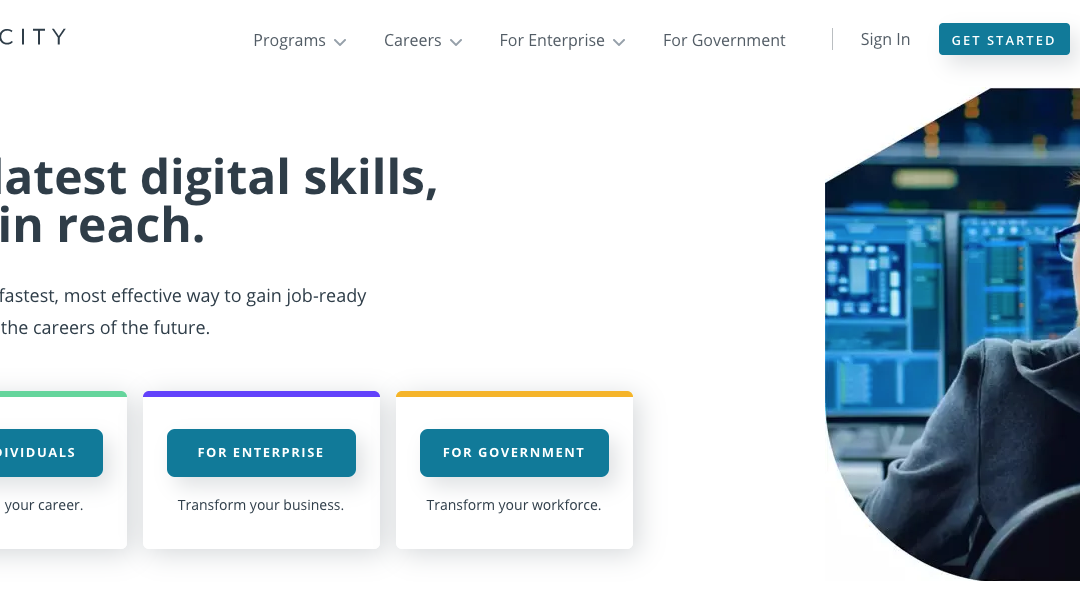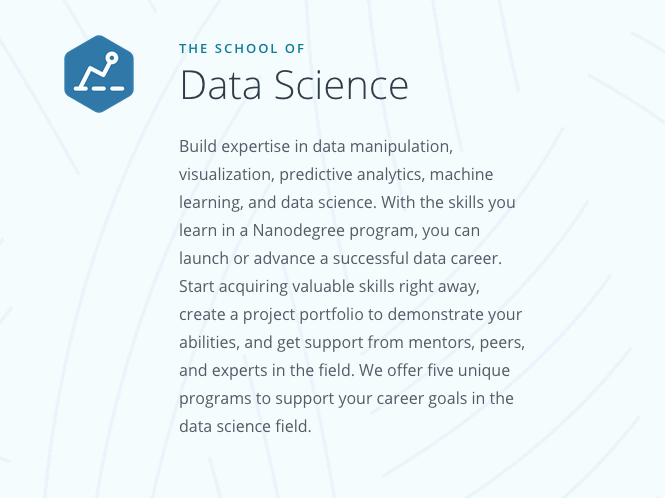No Results Found
The page you requested could not be found. Try refining your search, or use the navigation above to locate the post.
In our blog, we will be focusing on education for the next few months. We welcome guest posts ( good quality articles ) that provide new perspectives or new information. If you would like to contribute to the Education Section of our blog, please contact us.
For further information, please see How to Contribute
The page you requested could not be found. Try refining your search, or use the navigation above to locate the post.

Refer to a material published on 03 December 2020 on https://www.nature.com/ Link to original article : https://www.nature.com/articles/s41587-020-00758-7 Following is a brief summary:
Social quarantine has severely impacted the training of new scientists, but the use of virtual platforms can supplement mentorship, making career development seamless.
Virtual mentoring enables the exchange of information through the use of one or more digital platforms.
| Zoom | – | Audio and video call application |
| Skype | – | Audio and video call application |
| Trello | – | Project management tool |
| Slack | – | Collaboration software |
| BlueJeans | – | Video conferencing application |
| – | Social media platform | |
| – | Social media platform | |
| – | Messaging app | |
| – | Messaging app | |
| – | Messaging app | |
| LINE | – | Messaging app |
| KAIKO talk | – | Messaging app |
Holding frequent meetings allows mentors to reassure their trainees and demonstrate that mentors care about the well-being and success of their trainees.
For details please visit : https://www.nature.com/articles/s41587-020-00758-7
The article focuses on virtual mentoring, but this helps in making one further think and apply modern technology in their business, organizations, and even educational institutions like schools and tuition centers.

Whoever said that during the pandemic we’d finally be able to do the stuff we’ve been putting off doing was a liar. I could name on one hand the number of people I’ve heard of who actually managed to cross anything off their to-do list. That being said, I did manage to apply and complete part of a Nanodegree program over at Udacity so, perhaps there’s some merit to it.
I already had a background in working with Python, so at the suggestion of my father, I enrolled in a data science Nanodegree program, with a focus on python. Data Science is, to put it shortly, an interesting and in-demand field, and I felt that it’d be useful for further studies.

Firstly, the course structure. Something that stood out to me was the motivation videos at the beginning of each section, which provided details on why learning the topic was important, and gently encouraged the student to keep learning. Considering the demanding coursework, this was really effective. It was essentially the equivalent of someone giving you a thumbs up while you’re struggling to give a presentation in class—or simply put, motivating.
I think what a lot of beginner courses get wrong is presenting a lot of information at once, which, generally speaking, would overwhelm the student. Udacity manages to avoid that pitfall by presenting their concepts in bite-size videos—around 1-3 minutes worth of content. Quizzes/problem sets at the end of each lesson (or, concepts as they’re referred to within the program) lets you see how much you understood about the lesson, and whether you needed to go back and review something again.
And yes, the videos have subtitles.
This Nanodegree in particular is divided into three main sections; learning SQL, Python, and version control using Git. Each section has a project to complete and takes you from your first fumbling steps, to having a solid foundation in the respective subject. So the next time one of your relatives asks you what you’ve learned over the summer, you can pull out a tablet and write some python code as a neat party trick. This will also immediately label you as a tech-person of the family, so take that advice with a grain of salt.
As for any questions that would arise throughout the course, the peer chat and mentors are available to have any doubts reliably addressed. I personally didn’t interact in the peer chat much but those who did often got prompt responses, which was nice. Everyone was pretty helpful.

Arguably the most difficult part of the course was finishing the projects. I struggled a lot with window functions in the SQL project. The review I got back was useful in this regard, with detailed suggestions on how to further improve the project, as well as pointing out any errors I had made. Each review is personalized, so you’d know exactly what to work on.
Unfortunately, after my first project I had to leave due to time constraints. I should also note that this program is undeniably expensive, though there is an option to get a discount by applying for financial support. There are also some free courses available, even if a majority of what you’ll find is subscription-based. If you’re low on funds however, you might want to look elsewhere.
In conclusion, it was an overall pleasant albeit demanding experience. I managed to learn a lot during the program, especially about SQL and python libraries such as NumPy. If you’re interested in data science using python, this Nanodegree is worth a try.

You may either directly purchase the domain at the selling price indicated or fill out the contact form, if you would like to make an offer, negotiate for your preferred price.
We recommend always to make a counter offer when purchasing a premium domain.

Hello, and welcome to the Market @iLuvSG.com, a place to promote local ( Singapore ) business, services, and products sold in Singapore.
Here are some of the links you might find helpful, to make the best out of this service.
We hope that you will find Market @iLuvSG.com, a usefull, friendly and feel secure place.
– The Team @iLuvSG.com